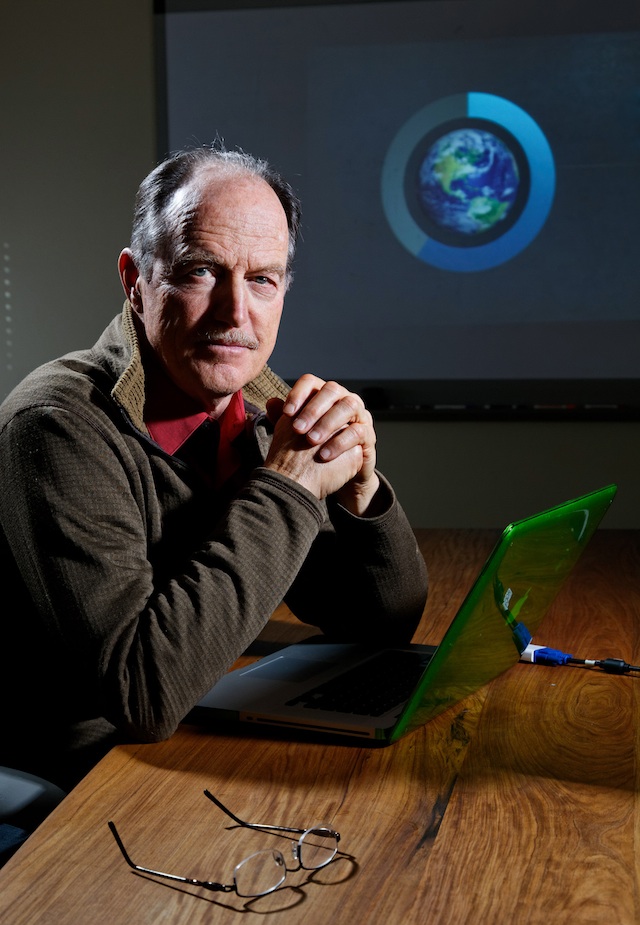Creative Solutions That Save Time, Money, Partnerships, and Relationships
Why Community Diplomacy?
When to use Community Diplomacy?
- Ensure fairness, respect, creativity, and stronger results — without wasting time — through collaborative problem solving.
- Prevent or resolve conflicts that would otherwise incite incivility; delay progress; spin out of control; create embarrassment and bad publicity; provoke litigation; increase risk, cost, and stress; and turn friends into adversaries and adversaries into enemies. More.
To think through your particular situation, please contact me.
- You’re proposing a new idea and you don’t know how the community will react to it. You might be a government official, social entrepreneur, or developer.
- Your organization or community needs someone who is impartial, competent, respected, and respectful to help tackle a challenging issue.
- You want to avoid being caught in a local controversy.
- You’re caught in a local controversy.
- You’re a local leader facing a challenging problem or meeting, or initiating a strategic plan. More.
- You need a moderator for your meeting.
- Your organization is trying to find ways to work with another organization, which doesn’t seem interested in getting along.
It ain’t what you don’t know that gets you into you into trouble.
It’s what you know for sure that just ain’t so.
— Mark Twain
What Services does Michael offer?
Facilitation:
Impartial, respectful, fair, and productive conversations that don’t waste participants’ time. More
Process Design:
Comfortable and efficient problem-solving sessions that produce valuable and timely results for your community or organization — based on full understanding of your issues and history, and the particular people involved. More
Community Engagement:
Recruit diplomats from each of the various “sides” of an issue, engage them in a detailed conversation, and develop a mutually satisfactory outcome.
Mediation:
Unbiased intercession in conversations that have become antagonistic. Though mediation is usually not necessary, when a conversation erupts into anger, it’s critical that mediation skills be applied. More
Whole-System Thinking:
Practical and rigorous ways to tackle complex issues. Central to all the services above, it develops resilient solutions by integrating economic, environmental, and community factors. More
Community Diplomacy
What is Community Diplomacy?
It’s the practice of “…shared decision-making in which all the parties with a stake in a problem constructively explore their differences and develop a joint strategy for action.” (Scott London, 2012) More
Who is Michael Kinsley?
As a longtime facilitator, mediator, and whole-system thinker, he has worked locally and nationally with a wide variety of groups and communities. He knows first hand both the power and the delicacy of collaboration. Qualifications.
How to use Community Diplomacy?
Your situation may be straightforward. For example, you might ask me to facilitate a group of people to discuss a particular issue. Or, your circumstance may be complicated. If so, we could approach it one step at a time, in which each step is complete by itself. You may choose as many as four steps, but need not commit to any more than one at a time:
1. Process recommendations: I work with you to develop a thorough understanding of your issue and the people involved, and suggest how to tackle the issue, which may include a series of conversations or meetings, which you may organize and facilitate. This outline illustrates one type of collaborative process, which I designed for a group of citizens seeking a better outcome to a local controversy.
2. Process guidance: I observe one or more of your sessions and debrief your facilitator and leadership — discussing what worked, what could be
improved, and what might happen next. More.
3. Facilitation: I conduct one or more sessions and develop consensus. More.
4. Mediation: If conflict among some participants disrupts the discussion, I intercede to find a mutually agreeable way to proceed. Better, if you can anticipate the conflict prior to the group process, we mediate that dispute ahead of time. More.


